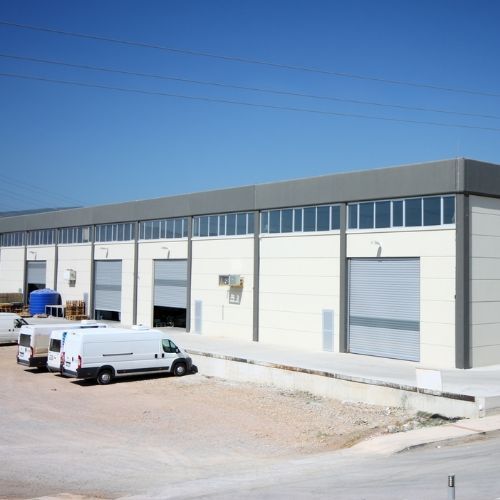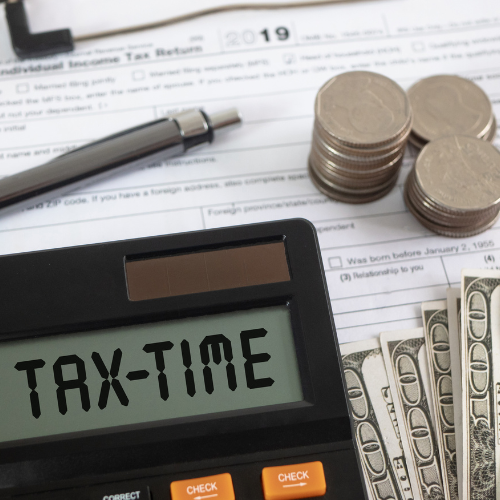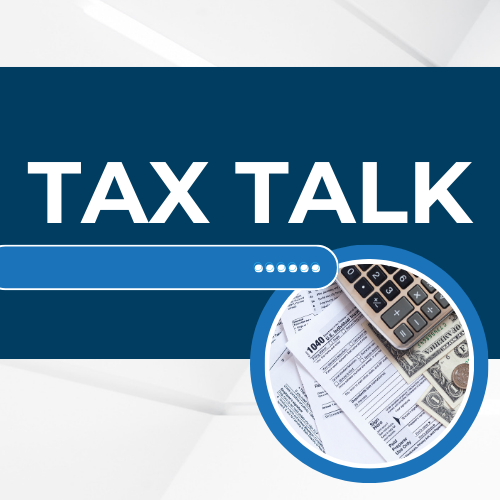Deductible Expenses for New Small Businesses
Maximizing Your Potential: A Guide to Deductible Expenses for New Small Businesses

Did you start a new business? Congratulations! You've taken the first step towards generating wealth and pursuing your passions. As always, we're here to help, so in this post we'll explore the various expenses that new small businesses can deduct and write off on their taxes.
Startup Costs:
New businesses often incur significant startup expenses, including legal fees, registration fees, and costs associated with market research. The IRS allows businesses to deduct up to $5,000 in startup costs in the first year of operation, with the remainder amortized over a 15-year period.
Office Space and Utilities:
Deductible expenses include the costs associated with leasing or renting office space, as well as utility bills such as electricity, water, and internet. For businesses operating from home, a portion of home-related expenses may also be deductible, based on the percentage of the home used for business.
Equipment and Supplies:
Purchases of business equipment, machinery, and supplies are generally deductible. This can include computers, furniture, tools, and other tangible assets necessary for business operations. Keep detailed records of these purchases for accurate deductions.
Employee Salaries and Benefits:
Employee salaries, wages, and benefits are deductible business expenses. This includes not only regular salaries but also bonuses, commissions, and employer contributions to employee benefit plans such as health insurance and retirement accounts.
Marketing and Advertising:
Promoting your new business is essential, and fortunately, the costs associated with marketing and advertising are deductible. This includes expenses for online and offline advertising, website development, social media promotions, and any other promotional activities.
Professional Fees:
Fees paid to professionals, such as accountants, lawyers, and consultants, are deductible. These professionals play a crucial role in guiding your business, and their fees can be claimed as a legitimate business expense.
Travel and Transportation:
If your business involves travel, the costs associated with business-related trips, including airfare, lodging, meals, and transportation, are deductible. Keep detailed records of these expenses, including receipts and the purpose of each trip.
Insurance Premiums:
Insurance is a necessary aspect of risk management for any business. Premiums for business insurance, such as liability insurance or property insurance, are deductible. This includes health insurance premiums for self-employed individuals.
Software and Technology Expenses:
Investments in software and technology essential for business operations can be deducted. This includes accounting software, project management tools, and any other software that aids in the efficiency and productivity of your business.
Education and Training Costs:
Expenses related to education and training for yourself or your employees can be deductible. This includes the costs of workshops, seminars, and courses that enhance the skills and knowledge relevant to your business.
As you embark on your entrepreneurial journey, understanding deductible expenses is crucial for optimizing your small business's financial health. Keep meticulous records, stay informed about tax regulations, and consider consulting with a tax professional to ensure you're making the most of available deductions. By leveraging these deductible expenses, you can not only minimize your tax liability but also invest more effectively in the growth and success of your new small business. And when it comes to tax time, be sure to contact our office to ensure you're filing your new business's taxes correctly.















